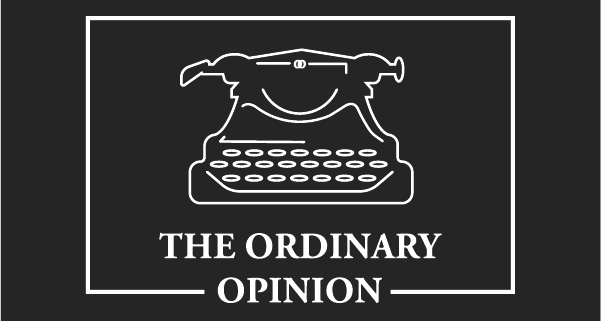Let the record show that today, again, America has demonstrated its deep institutional disdain for the black woman.
I’ve read what scholars say is the reason the decision not to indict Breonna Taylor’s killers likely came down. And conceptually, I suppose I get it. The question then becomes, though, “who are our laws set up to protect?”
Or said differently, how does one find justice when the system set up to adjudicate justice was set up unjustly? What is the moral recourse when the channels for recourse are immoral? If the most heinous crimes conjurable to your imagination suddenly became activity protected by the law, would that make it lawful? Or simply legal?
“Who are our laws written to protect?” There’s a point in my life where my answer would’ve been “the people,” “societal stability,” or something equally naive.
But in a week in which I’ve seen leaders who should be “role models” in Congress betray all integrity for the politically expedient, contorting their own words to arrive at convenient interpretations, it’s clear that the answer is “them.” Institutions write laws to protect themselves.
While it is meant to protect people, I cannot remember the last time I saw the law used to pull down power on behalf of the powerless. I’m convinced more and more that it is not meant for that. It is meant to protect power, and we are fools for believing otherwise, convinced by actors whose primary concern is the furtherance of their own advance.
The outcome in Breonna Taylor’s case was determined long before this week, and we’ve been fighting a losing battle ever since the Attorney General decided to enlist a grand jury, faux-distancing himself from the decision he didn’t have the bravery to issue himself.
My prayer is that her soul, now in the hands of its maker and not dependent on the goodness of men for peace, find rest.
Let the record show that these days peace in death is quickly becoming the best one can hope for.



